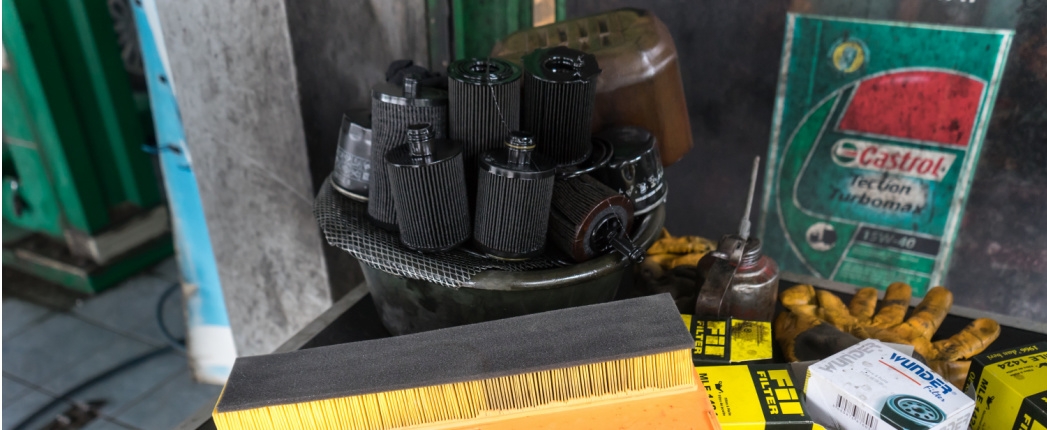
LONDON – Turkey collected more waste lubricants in 2022 compared to the year before thanks to an increase in amounts gathered by Tayras, the nation’s largest rerefiner, a company official said recently.
Turkey consumed around 580,000 metric tons of finished lubricants in 2022, according to the official, who quoted official and industry estimates. Of thise amount, around 280,000 tons were collected, and rerefining facilities in the country processed around 110,000 tons, up from 95,000 tons in 2021.
The rest of the collected waste oil was burned as a fuel or used in other applications.
“There are couple of other waste oil rerefiners in the country – they are smaller, with capacity to process from 5,000 to 20,000 tons of used oil annually, and they are licensed,” Christian Hartmann, chief sustainability officer and adviser of Tayras, told Argus Global Base Oils Conference held here on Feb. 21.
With capacity to process 60,000 t/y of waste oil, Tayras is the only large base oil rerefinery in the Turkey. The facility is located about 180 kilometers southeast of Istanbul and can make 45,000 t/y of API Group II base oil, according to Hartmann. Based in Istanbul, Hartmann said that Tyras is the newest waste oil rerefinery in Europe, it commenced trial operation in May 2021, achieving full license in January 2022, and can produce Group II+ base oils.
“We operate seven waste lubricant oil stations and hubs, four of which are connected with railway,” he said. “Our transport vehicle park has 80 collection trucks, seven tow-trucks, 12 semitrailers for transfer operations and 18 railway wagons for waste oil transport.”
The adoption of two landmark policies in 2019 – the Zero Waste and the Waste Oil Management regulations – received credit for increases in the amount of waste oil being collected and rerefined in Turkey, bringing it closer to the standards of the European Union. The country has been a candidate for membership in the EU since 1999.
In accordance with the country’s waste oil regulation, starting in 2021 lubricants producers and importers were responsible for collecting a certain portion of waste oil, depending on their total lubricant production output or total imported volumes. The law set this requirement at 2% in 2023, 4% in 2024 and 6% in 2025, after it was amended in January 2023.
“This January it was published that all waste oils have to be collected,” Hartmann said.
He added that the producers and importers may transfer collection responsibility to authorized body through a compliance scheme, if approved by the Ministry of Energy, and if so, they need to be members of the institution authorized to ensure collection of waste oils.
An important milestone in Turkey’s waste oil regulation is legislation adopted in January 2023 that mandates a minimum percentage of the finished lubricants must be made with rerefined base stock. This law set the target at 2% in 2023 and 4% in 2024, rising to 6% in 2025.
Tayras expects the amount of waste lubricants collected in Turkey to rise to 150,000 tons this year.
The rerefiner expects Turkey’s lubricant production to decline from 580,000 tons in 2022 to around 520,000 in 2023, affected by slower economic activities in the southeastern part of the country razed by the devastating earthquakes there last month, in which more than 57,000 people died and almost 130,000 were injured.
The whole region was affected with overwhelming destruction, including part of neighboring Syria.